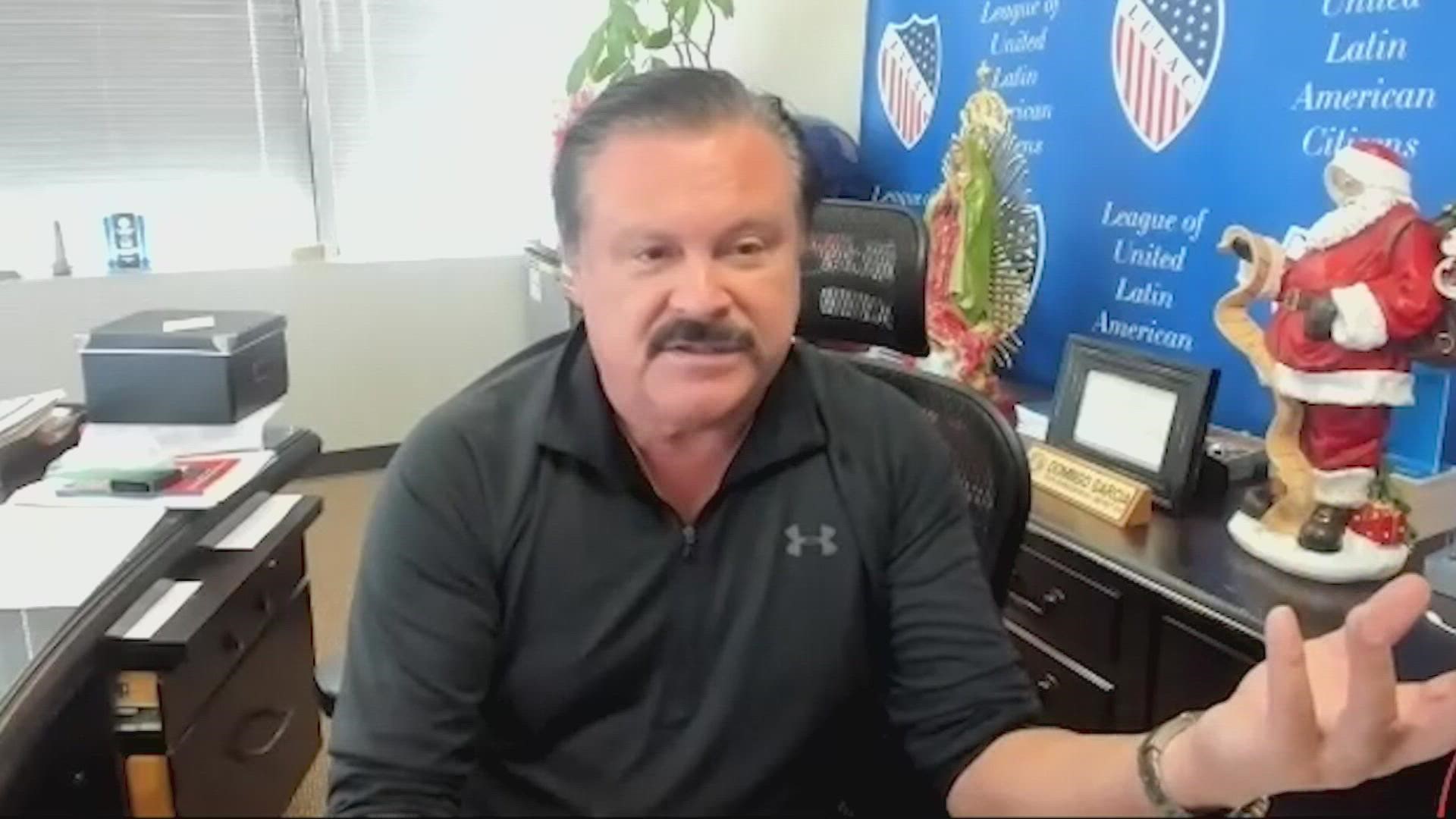HOUSTON — From pop culture to local governments and universities, more Americans are using the term Latinx as a gender-neutral, non-binary alternative to Latino or Latina.
Latinx was even added to the Merriam-Webster dictionary in 2018.
But the national president of the country’s oldest Latino rights group, LULAC, says Latinx is not a term widely used within the Hispanic community. Because of that, LULAC will no longer use Latinx in its official messaging and communication.
The U.S. has spent decades identifying the best term to better define a diverse population. Hispanic first made it on to a full census in 1980. But that word sparked resistance among some not interested in connecting their identity or heritage to Spain. So the federal government added the term Latino to the census in 2020, making it possible for people to select the option: Hispanic or Latino.
Through bilingual studies of Hispanics in America, the Pew Research Center reports there was a noticeable increase in online searches for Latinx in 2016 after a shooting at Florida’s Pulse nightclub. The LGBTQ club in Orlando was hosting a Latin Night when the mass killing happened.
“I use the term Latinx really because I see that it’s a very simple but a very meaningful way to see and to validate other people’s existence other than my own,” said Houstonian Austin Ruiz.
Research done by Pew shows while one in four Latinos in the U.S. has heard of the term Latinx, only about 3% of the estimated 60 million Latinos in the U.S. actually use the term.
“When I became national president three years ago, I set up an LGBT board position and we created several LGBT councils around the country,” said Domingo Garcia, National President of LULAC. “And they were more comfortable with the term Latinx. But what we saw was, it never caught on.”
That’s why Garcia said he decided this month to no longer call on LULAC to use Latinx as a term to describe the community the organization fights to represent.
“People didn’t understand, when you say Latinx, are we talking about Dos XX? Una X?” Garcia said. “I don’t know. It just didn’t make sense.”
He said what makes better sense is empowering people to acknowledge their gender identity or non-binary identity before the word Hispanic or Latino.
The Pew Research Center found a majority of Latinos in the United States prefer to identify with their country of origin, like Cuba or Mexico, rather than use a term like Hispanic or Latino.
“We were trying to be inclusive not exclusive,” said Garcia. “So it’s important that we get to know each other,” by opening up a conversation about how a person would like to be identified, rather than assigning one single term to a diverse group of people.

